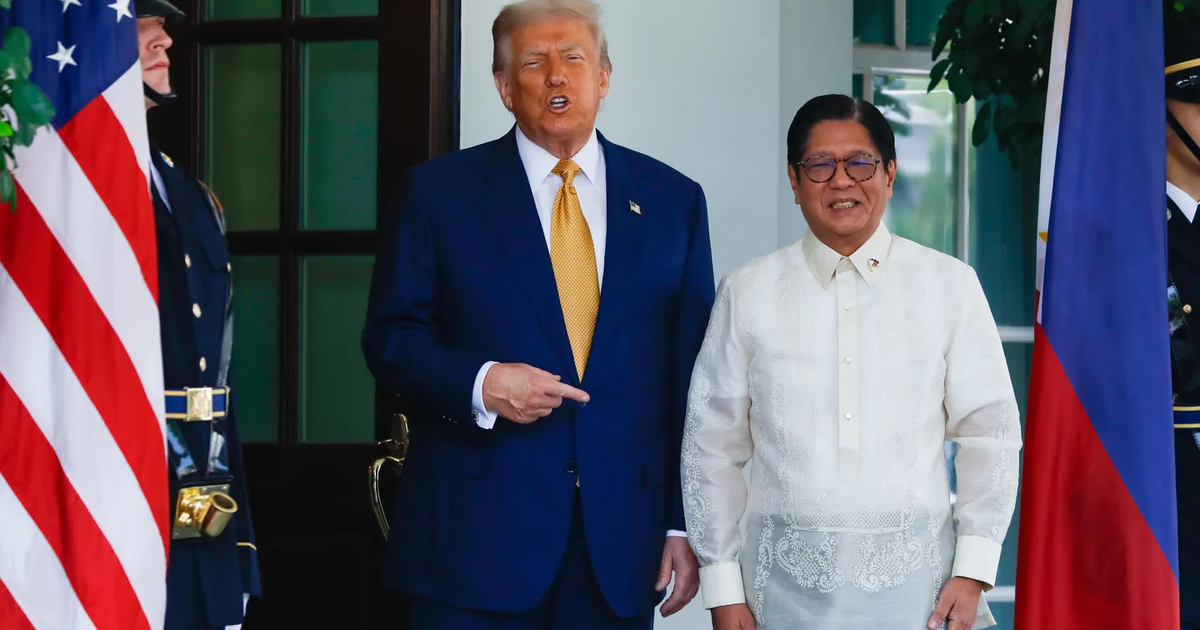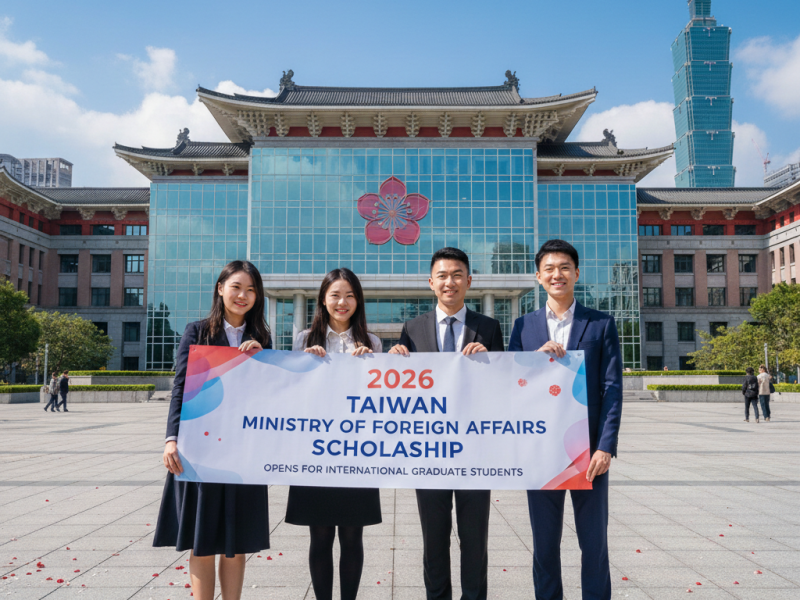Manila, Philippines —
In a development stirring debate over foreign trade diplomacy, Japan and Indonesia have managed to secure significant tariff concessions from the United States — without having to send top-level delegations to Washington. In contrast, the Philippines, which recently dispatched a high-level delegation to the U.S., returned with only a minimal 1% tariff reduction.
Trade officials and economists have been quick to analyze the stark differences in outcomes. According to regional analysts, Japan and Indonesia leveraged longstanding trade agreements, diversified exports, and favorable bilateral terms to gain reduced tariffs on several key products — all without recent in-person negotiations.
Meanwhile, Philippine officials who recently flew to Washington were reportedly aiming for broader tariff relief, especially on agricultural and electronics exports. However, the results have so far fallen short of expectations, with only a symbolic 1% reduction announced, prompting questions about the effectiveness of the diplomatic effort.
“It’s puzzling,” said one senior trade analyst. “You’d expect a state visit to lead to something substantial. Meanwhile, Japan and Indonesia have played it smart, quietly securing better deals through strategic economic alignment and consistent trade policy.”
Critics have called on the Department of Trade and Industry (DTI) to reassess its approach, with some lawmakers urging more transparent communication about the negotiation goals and results.
The U.S. has not released a formal statement explaining the differing outcomes, but insiders cite the Philippines’ over-reliance on a few export categories and lack of aggressive lobbying compared to its neighbors.
In response, the DTI issued a brief statement saying negotiations are ongoing and that the government remains committed to strengthening trade relations with the U.S. “It’s a continuing process,” the statement read. “Our goal is long-term tariff competitiveness across all industries.”
As regional peers gain more favorable market access, pressure is mounting on the Philippines to rethink its trade strategy, particularly in light of its dependence on key foreign markets like the United States.



